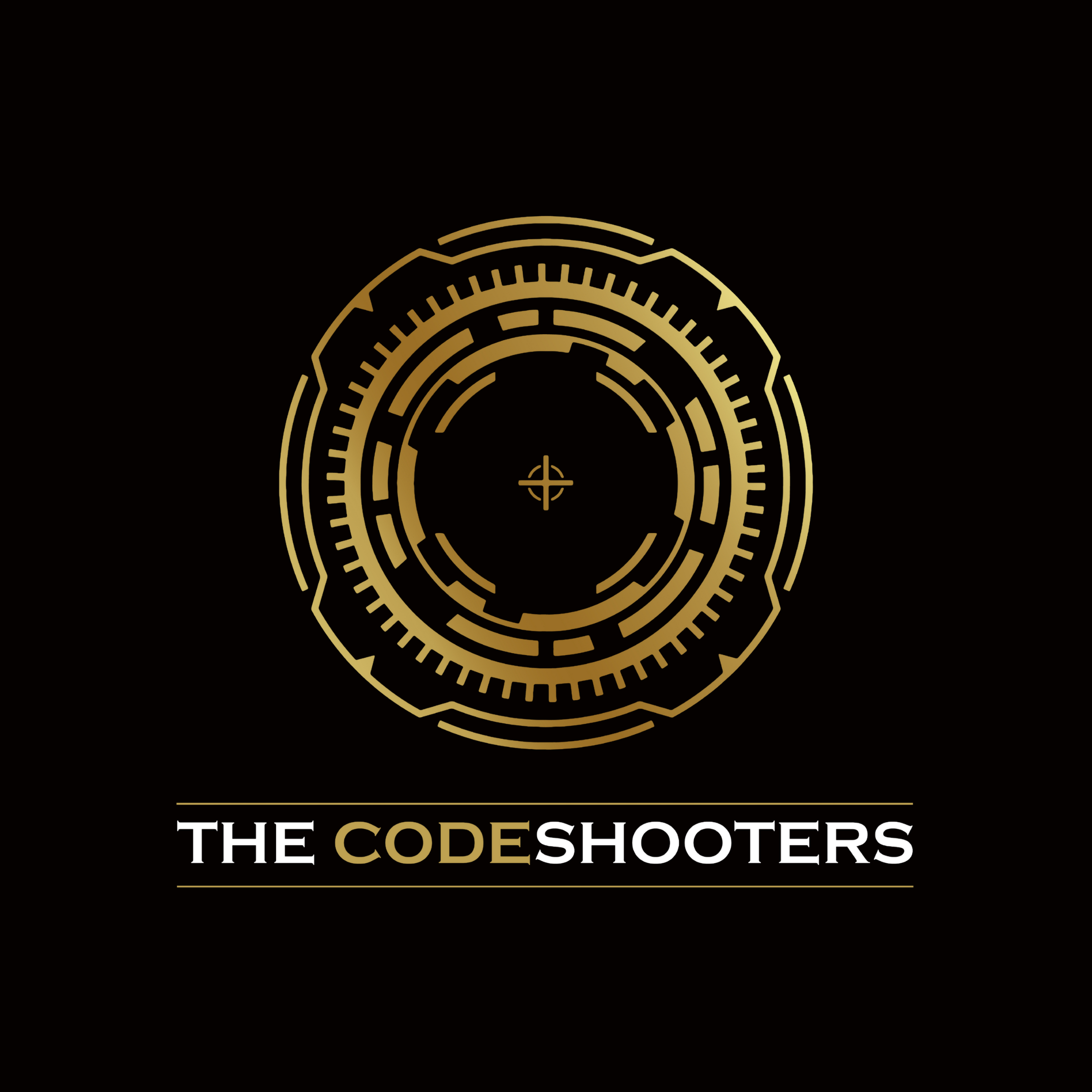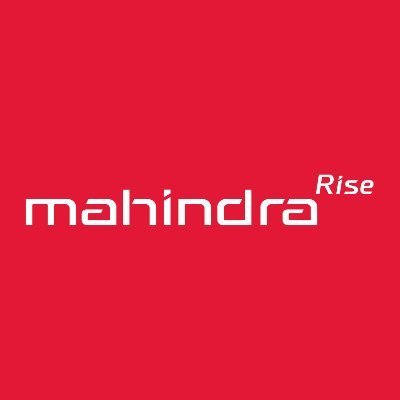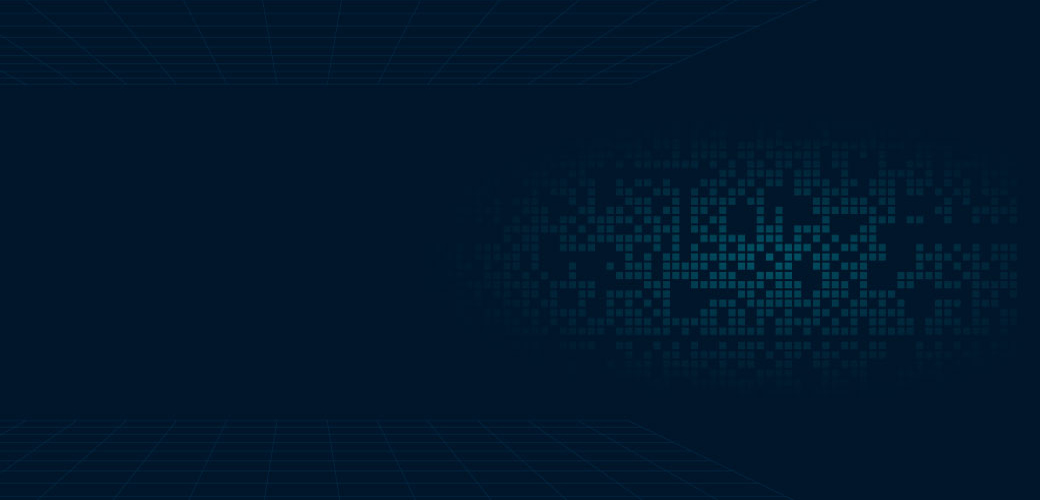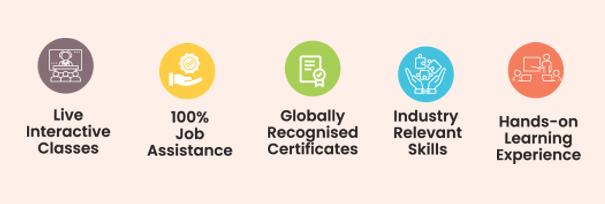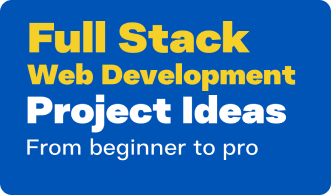Certified DevOps Engineer in Ahmedabad
Master the most in-demand DevOps skills with our industry-oriented DevOps Course in Ahmedabad at Grras IT Solutions, Gujarat’s No. 1 IT Training Institute. Learn Linux, AWS, Docker, Kubernetes, CI/CD, Ansible, and real-time automation through hands-on labs, live projects, and expert mentorship. Designed for students, engineers, and IT professionals, this job-focused training prepares you for global certifications and high-paying DevOps roles with dedicated career guidance and placement support.

150k+ Placements to Date

600+ Hiring Partners

30k+ Candidates Certified

76 Lakhs Highest Annual





















